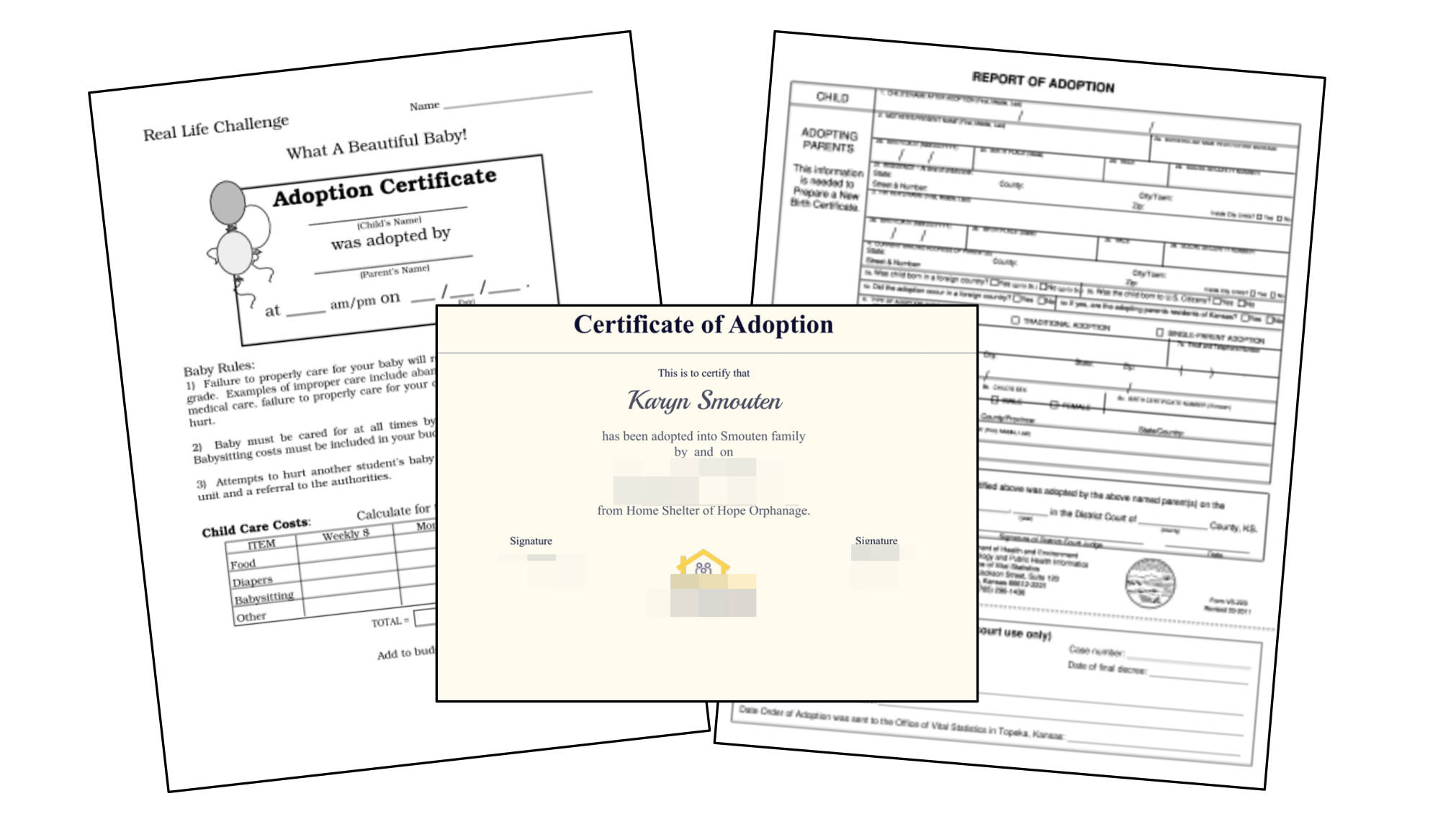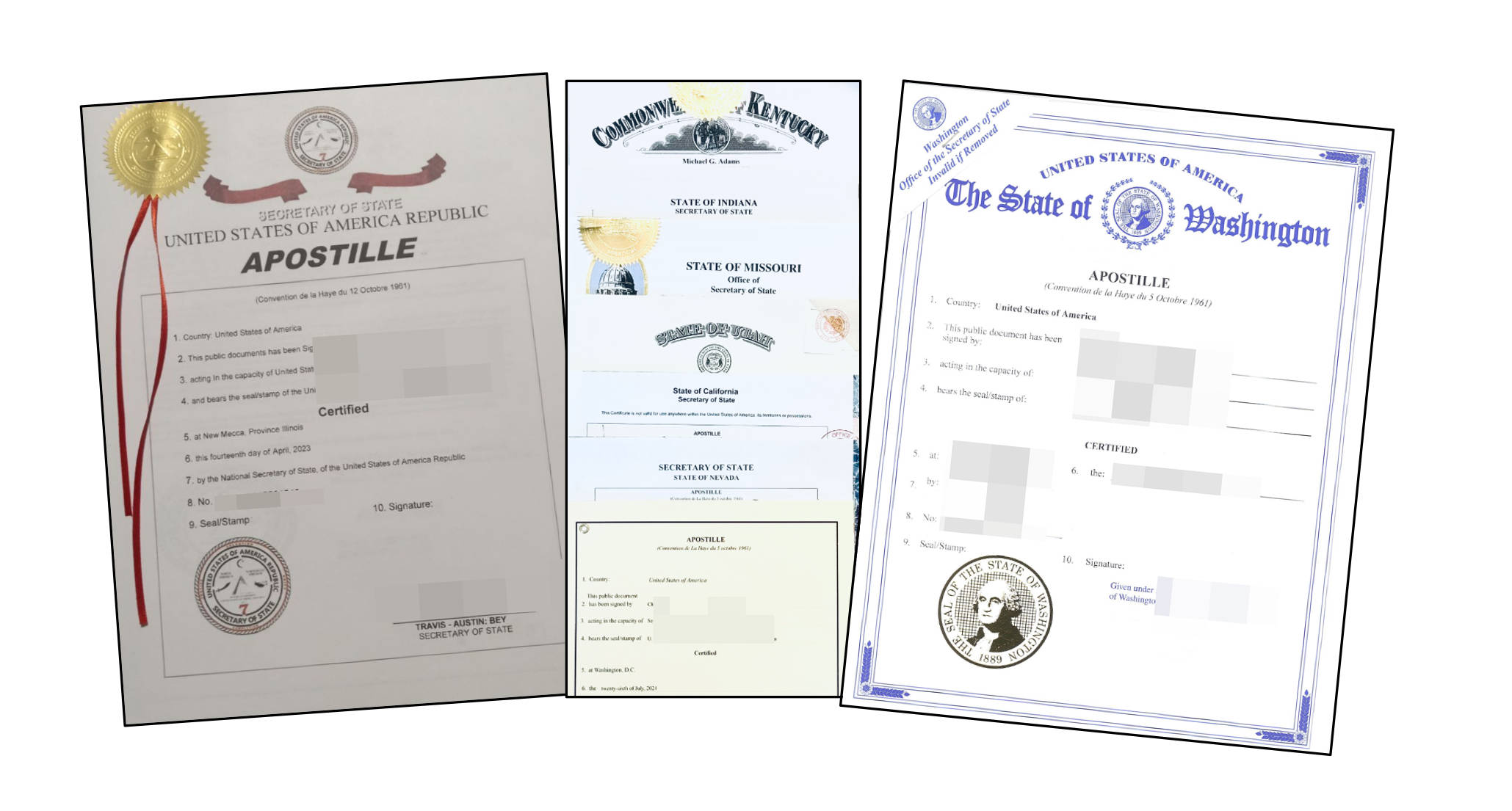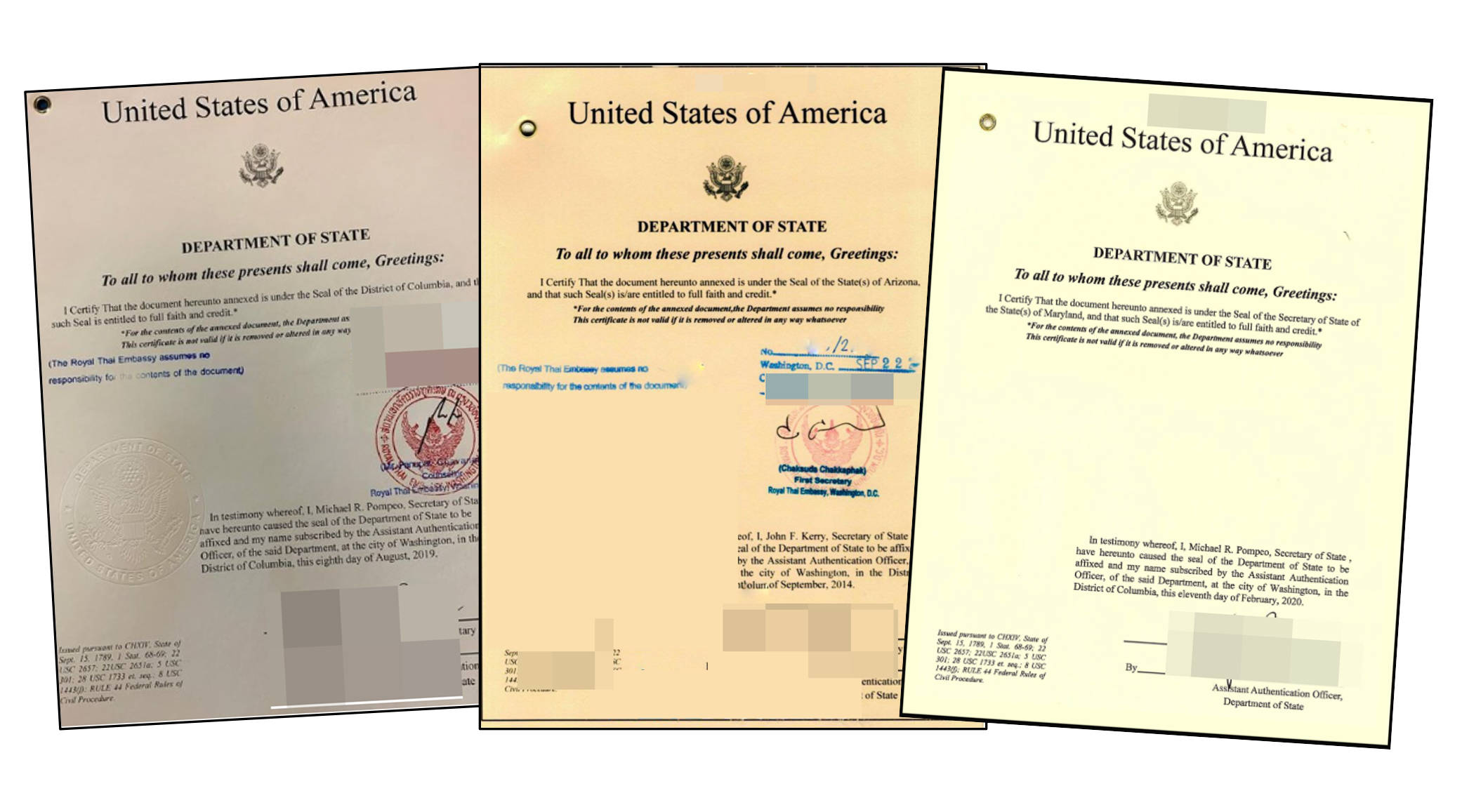The Hague Apostille for the U.S. adoption certificate, consulate certification.

What is a U.S. Adoption Certificate?
After successfully completing the international or interstate adoption process in the United States, the final legal document you receive is the U.S. Adoption Certificate. This certificate not only represents the formal establishment of the parent-child relationship between you and your child, but also symbolizes the birth of a new family and hope. For many families from diverse cultural backgrounds, this piece of paper carries not only legal significance but also embodies the long wait and silent sacrifices made by every parent.
U.S. Adoption Certificate (Adoption Certificate) Case
A U.S. Adoption Certificate is not something that can be easily obtained. Imagine you’ve completed an international adoption process in the United States, say, in New York City, New York State. This certificate, issued by the local U.S. government department responsible for family and child affairs—typically a state child welfare agency or family court (like the Family Court in New York)—serves like the child’s new life passport. It is the official confirmation of the legal relationship between the adoptive parents and the child. Why do you need this document? The reason is simple: it proves the child’s legal status in the U.S., inheritance rights, and eligibility for various benefits. Additionally, if you later decide to return to China with the child for settlement, schooling, or other procedures, this certificate plays a crucial role. The problem is, this U.S. adoption certificate cannot be directly used in China. After all, different countries have different laws, certification processes, and systems for recognizing official documents.
In the past, when using a U.S. adoption certificate in China, you might have had to go through a lengthy and complicated process of international notarization and consular certification. Especially many years ago, the procedures were complex and time-consuming, making it quite frustrating. However, there has been a significant change recently. On March 8, 2023, China officially joined the Hague Convention Abolishing the Requirement of Legalisation for Foreign Public Documents (commonly known as the Hague Apostille Convention), and it began officially taking effect in China on November 7, 2023. What does this change mean? Simply put, as long as you have a document with a valid Hague Apostille, it will be directly recognized in China, eliminating the need to go through multiple layers of certification at the U.S. and Chinese embassies or consulates. This makes everything much smoother and more efficient.
A client encountered exactly this kind of problem. He had completed the legal adoption of his child in the U.S. and obtained an adoption certificate issued by the relevant authorities in New York. In order to smoothly register the child’s residence, enroll in school, or enjoy social welfare benefits in China, he needed the adoption relationship to be officially recognized in China. But the problem was, how could this U.S. adoption certificate be accepted by the Chinese authorities? The client had a sudden idea and went to the “Washington D.C. Notary Office” to apply for the Hague Apostille for the U.S. adoption certificate. After all, Washington D.C. is close to U.S. federal government departments and many international affairs institutions, so the process is relatively clear and professional. With the notary office’s assistance, the U.S. adoption certificate went through local notarization and state department certification to obtain the Hague Apostille. After this professional process, the client received a copy of the adoption certificate, now bearing the Apostille stamp and meeting the requirements of the Convention.
As a result, when the client returned to China, the U.S. adoption certificate, now with the Hague Apostille, could be used directly. Whether it was for processing residency, submitting to educational authorities, registering property, or preparing for the child’s medical insurance, everything became much smoother and more convenient. After the new Hague Apostille regulations came into effect, he no longer had to go back and forth between consulates in China and the U.S. This not only saved him time and effort but also minimized the intangible costs of personal favors and the anxiety of waiting. So, a small U.S. adoption certificate, with the assistance of the Washington D.C. Notary Office and the newly effective Hague certification system, was finally able to “take root and blossom” in China, making this client’s life more practical and achievable, and bringing a convincing sense of fulfillment.
We share these case studies to help everyone better understand the related processes and real-life scenarios. Please note: the company names and personal names mentioned in this explanation are purely fictional. Any resemblance to actual companies or individuals is purely coincidental. Our case studies are provided for reference only, aiming to offer a framework for thought and judgment to support your decision-making. When applying the information from the case, please consider your own specific situation carefully and, if necessary, seek professional advice or further verification.
What is the U.S. Hague Apostille?
You might ask, if you plan to return to your home country or move to another country, how can you ensure that the U.S. adoption certificate has legal validity overseas? This is where the U.S. Hague Apostille comes in. The Hague Apostille is an international legal certification issued by official state agencies in the U.S., designed to ensure that your document is recognized by the target country globally. Through the Apostille, your adoption certificate is not only valid within the U.S., but also legally recognized in many countries and regions that are signatories of the Hague Convention. This means that whether you’re moving abroad for education, healthcare, or legal rights, you can easily prove the precious parent-child relationship no matter where you and your child go.
What is U.S. Consular Authentication?
If the country where you need to use the document is not a member of the Hague Convention, then you will need to go through U.S. Consular Authentication. This process involves dual confirmation and stamping by the U.S. Department of State and the target country’s embassy or consulate in the U.S. With this authentication, your adoption certificate will also be legally recognized in non-Hague member countries. It essentially acts as a “communication bridge” that crosses language and legal systems, allowing you to secure the necessary rights and protections for your child in countries with different cultural and legal frameworks.
Washington D.C. Notary Office Provides Agency Services
When facing the complicated international certification process, you may worry about endless paperwork, long waiting times, and communication barriers between different departments. At this time, the Washington D.C. Notary Office is a trusted partner you can rely on. Our experienced professional team has assisted countless families in successfully completing the Hague Apostille and consular authentication procedures for U.S. adoption certificates. Simply provide us with your documents and requirements, and you can enjoy our “one-stop” agency service. This not only saves you valuable time and effort, but also ensures that you are always informed and at ease throughout the entire process.
As you hold your child and prepare to cross borders to begin a new chapter in life, we are here to pave the way for you, ensuring that this document, which witnesses the bond of parenthood, can “move freely” across the globe.
Apostille Sample

Authentication Sample
